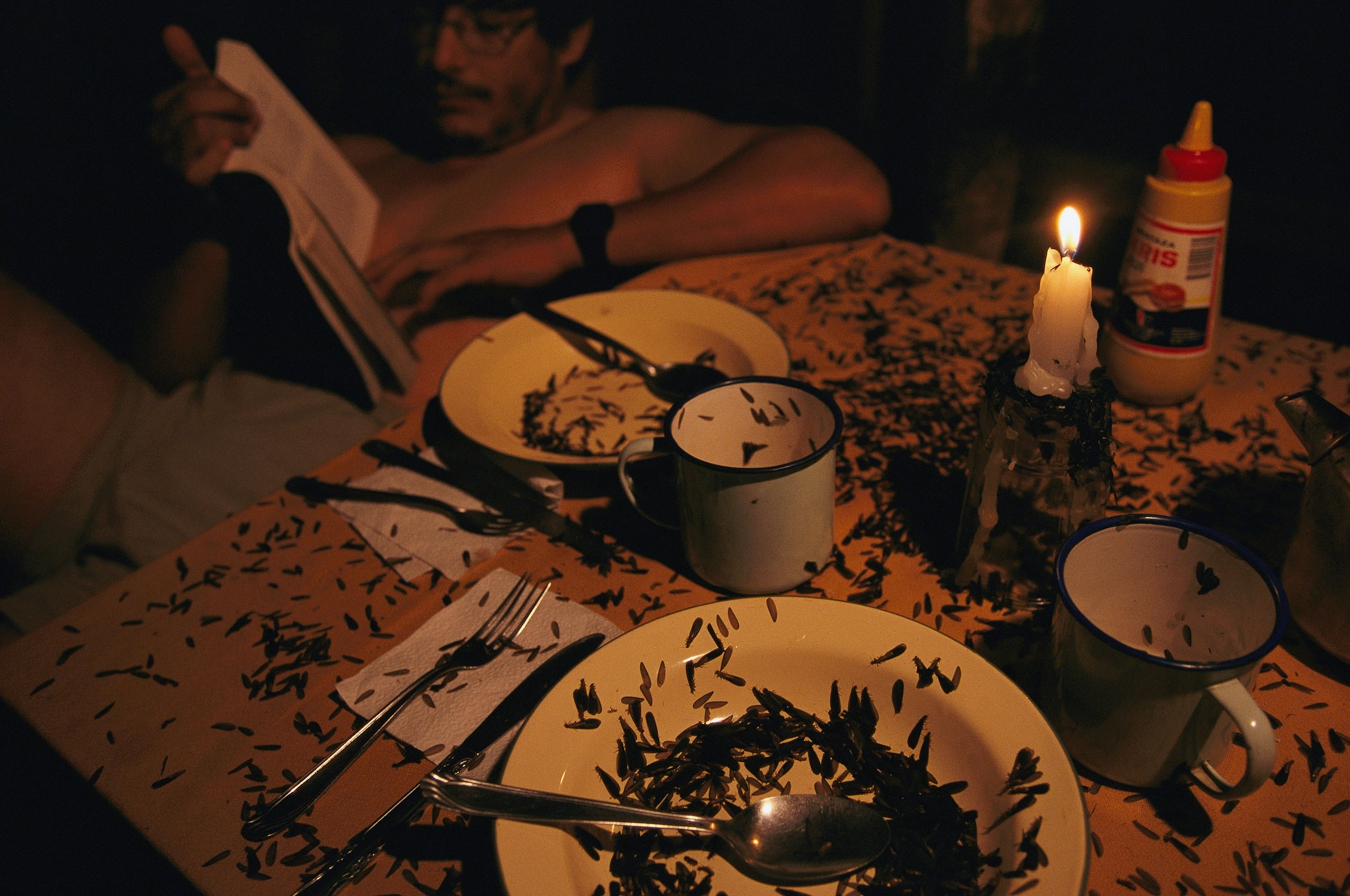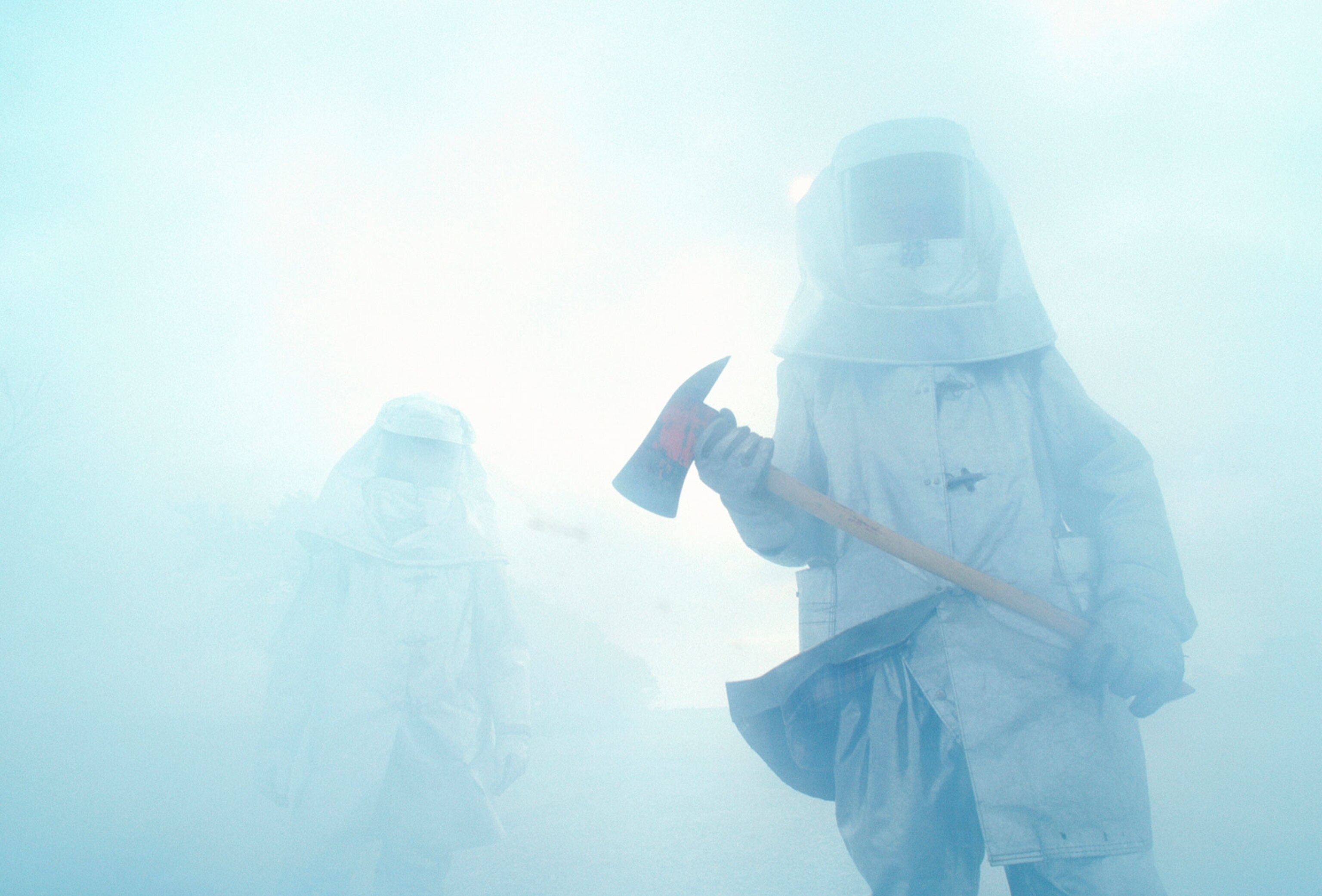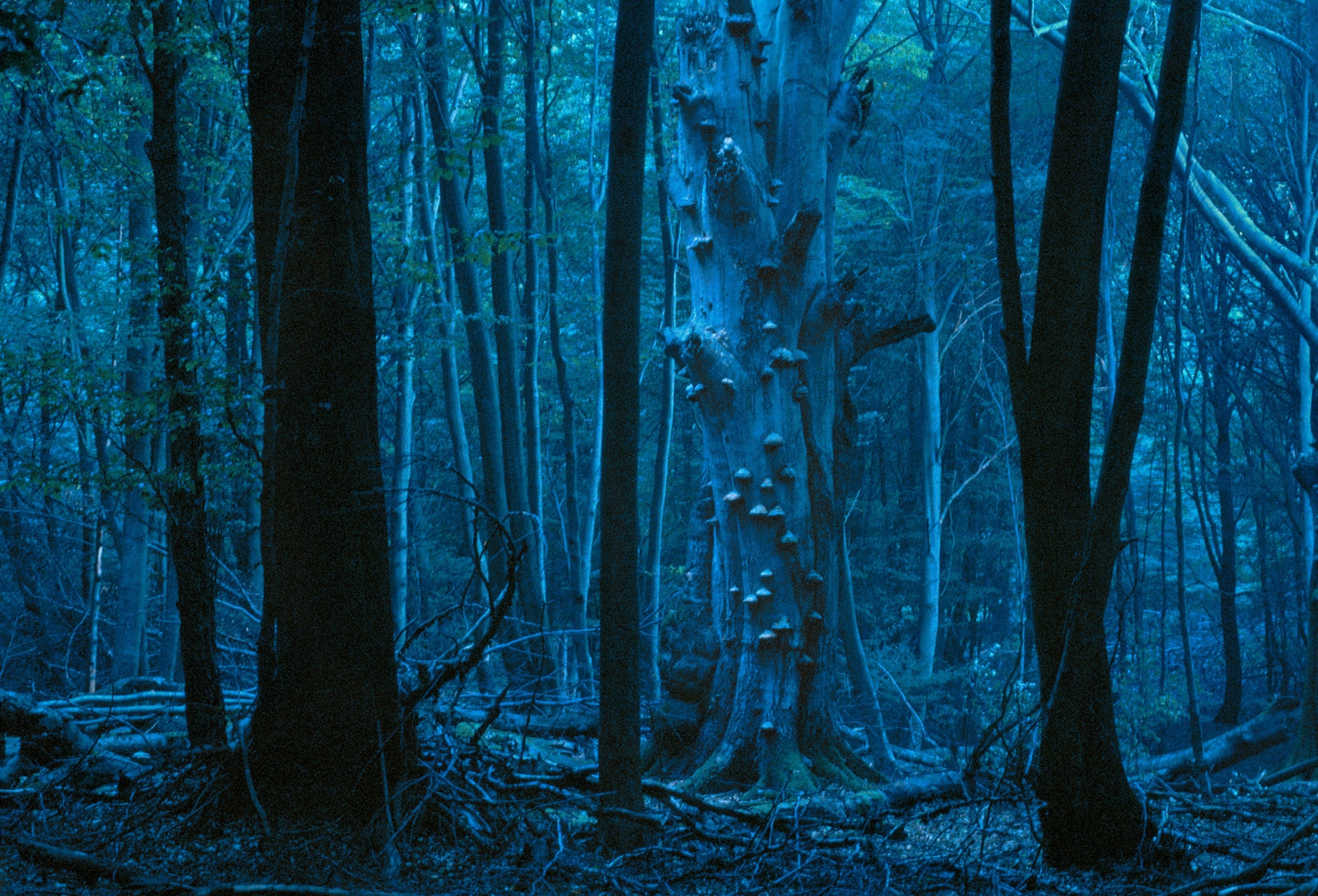In 2015, motorcyclist Robert Jan van der Kaaij kicked off a three-month solo ride from the Netherlands to India.
From a young age, Robert Jan van der Kaaij has been an adventurer. One day when he was watching a TV show about a man documenting his travels across countries, van der Kaaij decided he wanted to do something similar. About a decade later, he got his driver's license and in 2013, bought his first motorcycle. Two years after that, van der Kaaij embarked on a solo motorcycle trip from his home in the Netherlands to India, traversing more than 10,000 miles in just under three months. (Related: "5 Reasons to See Morocco By Motorcycle")
Van der Kaaij, who is today a 30-year-old graphic designer, began planning the trip in September 2014, shortly after his graduation from Willem de Kooning Academy. He spent the next several months reading up on the stories of motorcycle adventurers like Gordon G. May and Paul van Hooff, securing the necessary paperwork, getting cash, and funding the adventure through a freelance graphic design job. He and his blue motorcycle—which he nicknamed Perry—took off in late August of 2015, eastward-bound and toting few possessions. (Related: "Watch a Wild Motorcycle Ride Across California's Stunning Landscapes")
"My mind was set, but my gear certainly was not," van der Kaaij tells National Geographic via email. "The bike was not suitable at all, my off-road experience was zero. My bags were clunky and cheap. But these obstacles didn't make me stray from the plan. They fueled my lust for the unknown. I wanted to challenge myself and the machine and go eastward and adapt to whatever happened next."
A Rugged Adventure
Riding through 14 countries, including Germany, Turkey, and Pakistan, van der Kaaij encountered a diverse set of people and landscapes, and stretched the limits of his resourcefulness. He met fellow travelers along the way and slept outside, all while writing about his experience on his blog, Going Eastwards. (Related: "No, You Definitely Did Not Sleep There")
But the three-month adventure also came with its challenges. Sometimes, he would go miles without spotting a much-needed gas station, and money eventually grew scarce. Closer to the end of the trip, the motorcycle broke—but a local helped him out.
"He looked at me and simply said in broken English: 'Your problem is my problem. We will get out of this together,'" van der Kaaij says. "Throughout everything I had went through, the times when I felt most vulnerable were the times that I made the most meaningful connections."
Van der Kaaij says getting past the Iranian border was also difficult, since he had to pay a fee for his Visa to be approved. When he finally got into the country, a group of men snagged the key of his motorcycle—but luckily, van der Kaaij had a spare strapped to his wrist. While traveling through a stream in India's Pauri Garwhal district, van der Kaaij's motorcycle stalled and two local shepherds bailed the 660-pound bike out of the water.
"I was very lucky that they were around since I had not seen [anyone] for several miles," van der Kaaij says. "[They] walked into the water without a second thought and helped me get the bike out of the freezing cold water. Once the bike and I started draining, they simply shook my hand and walked off. They did not ask for anything whatsoever."
A Dangerous Pass
One of the most taxing parts of the trip might have been biking through the Himalaya. Van der Kaaij had adjusted to traveling through hot, desert landscapes in the first portion of the trip, but he had to improvise in this new, cold climate. He repurposed his elbow pads into DIY wind guards, bought cheap skiing gloves, and wrapped rubber around his motorcycle's handlebars for extra grip.
The footage above is of van der Kaaij navigating from the mountain village of Mantalai to the bigger city of Manali. Between the two destinations were a few smaller villages, spotty phone reception, and scattered gas stations, but the terrain had no shortage of rocks, sand, and steep cliffs. Van der Kaaij's motorcycle tires often slipped, and his handlebars slapped him multiple times while the bike bounced from boulder to boulder.
Before reaching Manali, van der Kaaij had to go through Rohtang Pass. By this point, it was November 10, and the pass was beginning to freeze over. It started snowing at the base of the mountain, but he decided to ride on the muddy road, which seemed manageable.
As van der Kaaij ascended, the snow and wind picked up. The motorcycle's tires slipped uncontrollably, and buses and trucks became stuck in the snow. A rescue vehicle ran over van der Kaaij's foot and refused to help him, and he eventually had to abandon his bike to begin the trek more than six miles back downhill. But he was able to hitch a ride and, after several hours, made it down the mountain. (Related: read about Siberia's medical train)
By the time he got to the nearest town, all the beds were occupied, and van der Kaaij had to sleep in a wood storage shed.
"It was highly dangerous but for some reason, it all felt alright," van der Kaaij says. "By then, I had already been through so much already with the armed escort in Pakistan or near collisions in Iran that I could only enjoy every second I spent driving beside the steep cliffs."
In the end of November, van der Kaaij finally reached Mumbai, India. There, he shipped his bike back to Houten in the Netherlands and put himself on a plane back home.
"Took 81 days to get there," he posted on Instagram, "back within 18 hours."






















































